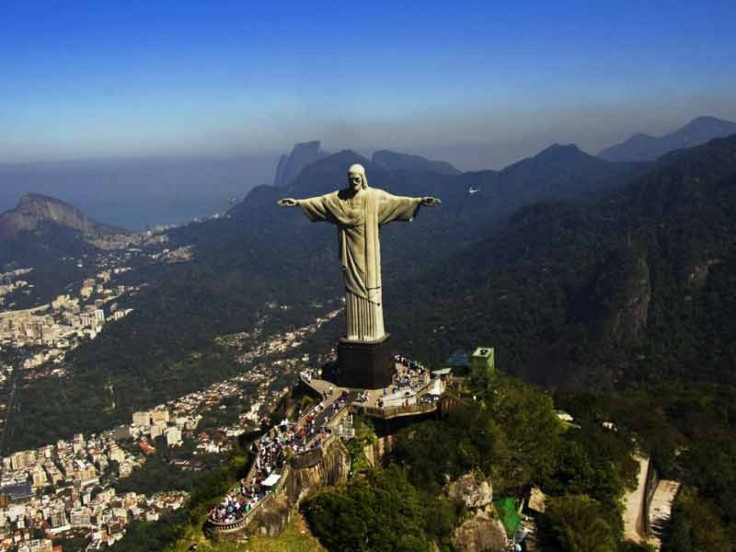Police Rescue 80 Trafficked Bangladeshis in Brazil; Why Were They Smuggled Into The Country?

Brazilian police rescued about 80 Bangladeshis who had been smuggled into the country and forced to endure slaveylike conditions. The workers lived in inhumane conditions in Samambaia, on the outskirts of Brasilia, according to Agence France-Presse via the Spanish-language La Tercera, which cited the Agencia Brasil news agency.
The workers were brought to Brazil by fellow Bangladeshis, who promised them an exorbitant salary of as much as $1,500 a month, BBC News reported. They entered the country illegally through Bolivia, Guyana and Peru. They were forced to work at warehouse, construction and car-washing sites to each pay back their smugglers $10,000 in fees, the Portuguese-language Correio Braziliense quoted investigator Dennis Cali as saying.
Four people have been deemed the brains behind the clandestine operation. The Bangladeshi embassy in Brasilia expressed surprise at the news of its existence, and it offered its support to the Brazilian authorities in their investigation, the Times of India reported.
Brazil’s National Council for Refugees is likely to decide the fate of the 80 workers. However, Cali said that the case cannot yet be considered human trafficking, and for the moment the suspects will be indicted on charges related to illegal immigration, of which Brazil has seen a considerable increase in recent years.
Bangladeshis are not a traditional immigrant group in Brazil, but, as Al Jazeera reported, it is not unusual now to see them among job seekers very far from their native land.
The Samambaia case is not the only recent case involving illegal immigrants to Brazil from Bangladesh. On May 14, Brazilian police intercepted a bus with 11 illegal immigrants from Bangladesh in Parana, close to the border with Bolivia. None of them had permission to enter the country.
Follow me on Twitter: @PReyMallen
© Copyright IBTimes 2024. All rights reserved.





















